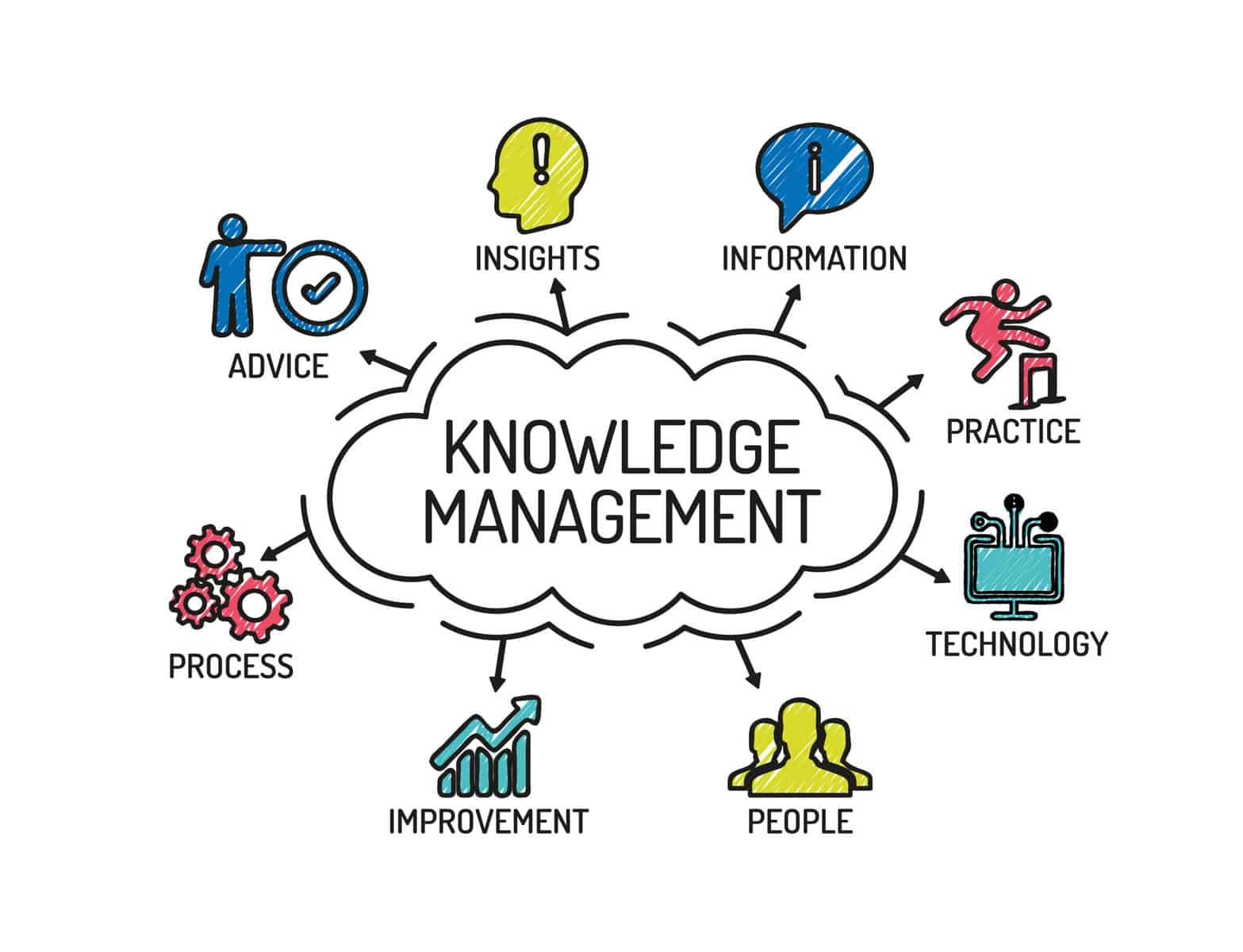Knowledge Management System or KMS has been the talk in the business world for many years. After all, numerous enterprises enjoy its benefits. Some are experiencing a surge in profit, while others receive praise from both their employees and customers.
From these instances, it’s clear that a KMS brings a lot of benefits to enterprises.
If you wish to know what a personal knowledge management system is, navigate here.

An enterprise can’t invest in a project that has uncertain results. Sure, it may help other companies, but that doesn’t apply to all kinds of companies.
Below are four potential benefits of knowledge management software to your business:
1. Better customer service
The majority of companies worldwide cater to customers by way of providing answers to customers’ questions. Customers often have to wait long for just a customer support team’s response, leading to negative reviews.

It’s also worth noting that a company’s platform is accessible on different kinds of devices. There’s no problem with mobile device users, but desktop users will find it more challenging as they need headphones and a microphone for calls. In addition, other companies don’t provide customer support 24/7, so there’s the problem of inaccessibility on top of inconvenience.
With KM software, companies can reduce the number of tickets or questions from customers as information is available on the platform. An organizational KMS can be in the form of:
- FAQs page
- Knowledgebase
- Chatbots
A survey found that most American customers prefer self-service as it’s one way of making the company’s services more appetizing to prospects.
As the KM software gets established among customers, they will know where to go when they have inquiries or have encountered issues with the company’s products and services.
In conclusion, with quicker and more useful customer service, any company can convert its prospects to regular buyers, making KM software the perfect retail enterprise component.
2. Effective training
Just like how customers benefit from KM software, employees will also have an easier time working for an organization with a sophisticated system.

For starters, new hires will naturally have less knowledge of how the company or its products work, and you don’t want that. After all, because they’re the firm’s driving force, a company must treat employees well.
While it’s possible to train each employee individually, this takes up too much time, and there’s no guarantee that what they’re learning can contribute to their performance. There’ll always be challenges when training employees. These include:
- Unexpected Changes: Most of the time, companies will undergo unexpected changes such as a decrease in budget, updates on commonly-used software, and the likes. These changes often result in training becoming irrelevant, and changing the training pattern can affect the attitude of employees
- Low Motivation: Speaking of attitude, you should also consider how the employees feel during training. Chances are, they don’t have the motivation necessary to keep up with the training, especially if these don’t provide applicable skills
- Impractical Skills: Investing in the training of employees just for them to learn impractical skills can be considered a waste of resources
As a critical component of a company, the KMS will have access to information from basic customer service to the most complex topics such as strategic planning and marketing.
By compiling all the necessary topics together using KM software, employees will learn more about the company at their fingertips.
Once a KM software reaches its final stages, employees will become more knowledgeable of the company, affecting their confidence when dealing with customers.
3. Collaboration
Collaboration is another critical component of any business. It’s what brings teams together to create programs that can potentially affect the company’s future. Unfortunately, there are numerous challenges with team collaboration, but that’s not always the case.

Using KM software will make it easier to share knowledge and information among the different departments of a company. Crucial information is accessible and documentable, which will provide a smoother workflow for the company’s teams.
4. Expands online presence
When entering questions on search engines, there’s a huge chance you’ll stumble upon an article from a company website. More often than not, you’ll be tempted to check out what the company is all about.

The purpose of KM software might be for data management, but you can also use it as a marketing tool. Take WordPress, for example. When asking questions about websites, you’re most likely going to see many articles from the knowledge base of WordPress.
Not only does it inform its customers, but KM software also brings in more prospects.
Wrapping Up
Knowledge management systems are popular for a reason. Although it’s not necessary to keep firms running, it’s essential if you want to build a successful business. Now that you know how knowledge management software can help you, it would be a lot easier to decide if you want one for your company.

